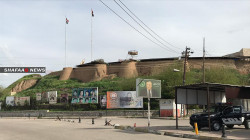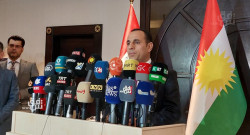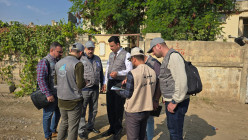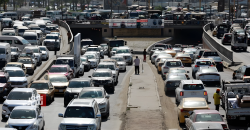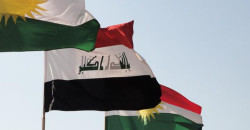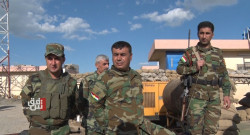Kirkuk's first census in decades: a test of ethnic relations and political stability
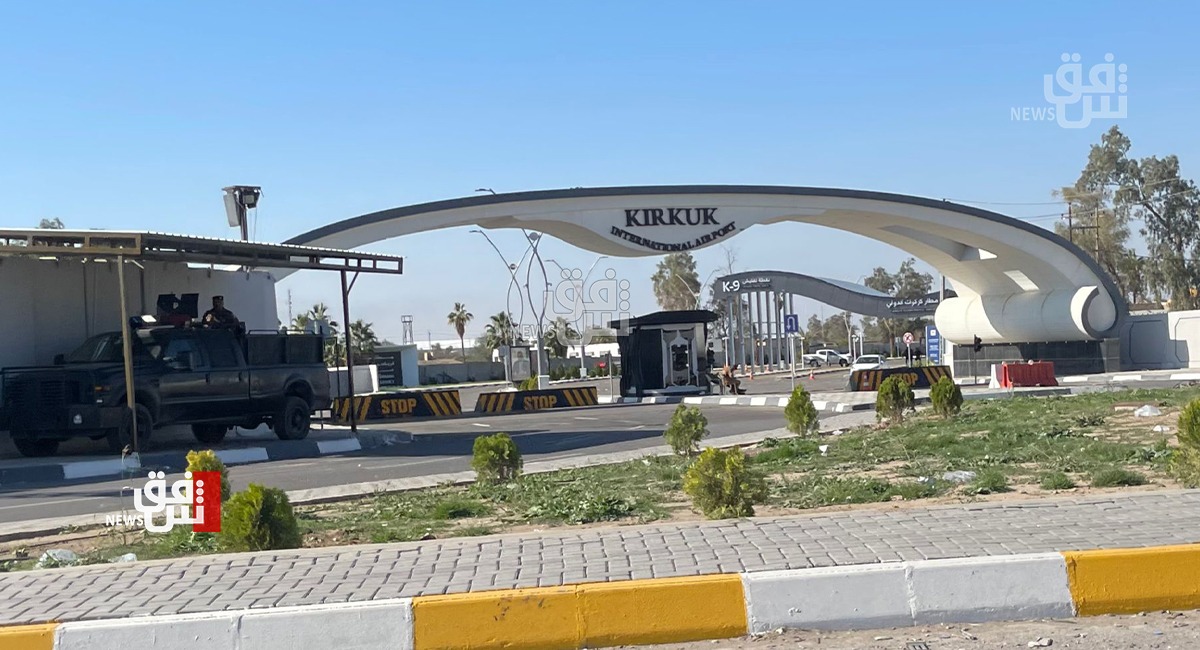
Shafaq News/ Kirkuk, a city defined by its ethnic and sectarian diversity, is facing challenges with its first population and housing census in decades. As the province embarks on this long-awaited process, concerns are growing over its potential to disrupt the delicate demographic balance and communal harmony.
While some see the census as a vital tool for economic development, others worry it could be manipulated to shift population dynamics, reigniting tensions in a city still healing from past conflicts.
Kirkuk's Historical Context
Kirkuk has long been at the heart of Iraq's ethnic and political tensions. The city has experienced dramatic demographic shifts, particularly after the 2003 invasion. Under Saddam Hussein’s regime, the policy of 'Arabization' significantly altered Kirkuk's ethnic composition by relocating Arab families to the region, while pushing out many Kurds and Turkmen. However, following the fall of Saddam, there was a reverse process—Kurds began to return to their ancestral lands, reigniting ethnic and political tensions.
The upcoming census, which has not been conducted since 1997, due to concerns about political manipulation, holds great importance for Kirkuk, as its diverse ethnic groups—Kurds, Arabs, and Turkmen—view the process as a critical moment to solidify their political and demographic standing in the city.
Each group has its aspirations for the census results, with the Kurds aiming to demonstrate their majority status, a claim that could bolster their territorial demands over Kirkuk. On the other hand, Arabs and Turkmen in the region fear that such an outcome could further marginalize their communities, particularly in terms of political power and control over the city’s resources.
In addition to its political importance, Kirkuk’s vast oil reserves add another layer of complexity. The city’s oil wealth remains a central issue, with both the Kurdistan Region and Baghdad competing for control of the province's resources. The results of the census could directly impact the distribution of oil revenues, potentially reshaping the economic landscape of Iraq.
A shift in Kirkuk’s demographic balance might also influence future negotiations over economic shares between the federal government and the Kurdistan Regional Government (KRG).
While the census was expected to reveal the religious or ethnic composition of Iraq, a decision was made not to ask citizens about this information, which has led to opposition in disputed regions.
Calls for Halt
The Arab Coalition in Kirkuk has called to suspend the census process, urging Prime Minister Mohammed Shia Al-Sudani and overseeing authorities to halt the procedures immediately.
In a statement, the coalition stressed that “Kirkuk's sensitive nature means any manipulation of its population balance through illegal means could lead to threatening the city's stability.”
The Iraqi Turkmen Front also expressed concerns, alleging "clear violations" in the census process in Kirkuk. A statement from the group highlighted the entry of numerous families not originally from the province, observing these actions publicly and “under the gaze of both the public and security forces.”
The Front criticized this as “an open attempt to alter the demographic landscape of the province.”
Kurds Call for Participation
The Kurdistan Democratic Party (KDP) bloc, the largest Kurdish party in Iraq led by Masoud Barzani, has called for the participation of all Kurds and other ethnic groups in the disputed areas, including Kirkuk, in the ongoing population census. The bloc described the census as an "important step" for providing a data foundation for economic conditions.
Hassan Majid, head of the KDP bloc in Kirkuk, told Shafaq News that Prime Minister al-Sudani's recent visit to Erbil provided reassurance regarding the disputed areas, which fall under Article 140 of the Iraqi Constitution.
“While the KDP has had reservations about conducting the census in these areas, we emphasized our support for the participation of all ethnic groups.”
He further stated that the KDP views the census as an economic development tool, adding, "Any country lacking a developmental database is like a person walking in the dark without sight."
Authorities Reassure
Since the morning, the province has been experiencing relative calm, with a curfew in place aimed at facilitating the population census process, according to Captain Amer Nouri, spokesperson for Kirkuk Police.
Speaking to Shafaq News, Nouri confirmed that the curfew will remain in effect until midnight on Friday. The comprehensive restrictions include strict limitations on vehicle movement and the closure of external checkpoints. “The primary objective of these measures is to ensure stability and facilitate the work of census teams.”
In addition, the provincial government in Kirkuk has taken steps to ensure the census is conducted fairly, with local officials stressing the importance of transparency. However, the complex political dynamics in the city raise questions about whether the process can remain neutral or if external pressures will influence the outcomes."
Mustafa Akram, Director of Planning and Statistics in Kirkuk, told Shafaq News that approximately 5,652 individuals are working as enumerators and assistants, along with around 1,000 supervisors overseeing the efforts. He highlighted that Kirkuk province has made significant progress in field enumeration and family registration, positioning it among “the most advanced areas in the completion and documentation of the fieldwork.”
Akram explained the revised approach for the census team composition in Kirkuk, noting that the need for mixed ethnic teams of Kurds, Arabs, and Turkmen in one location has been eliminated. “Instead, workers from the same ethnic group are assigned to their respective areas: Kurds in Kurdish areas, Arabs in Arab areas, and Turkmen in Turkmen areas, ensuring smoother operations.”
Riad Saleh, a member of the Kirkuk Provincial Council, further reassured Shafaq News that the Planning and Statistics Directorate in Kirkuk is performing effectively.
Addressing rumors about favoritism, he clarified that the selection process for assistant staff showed equal representation from all three ethnic groups, with 200 Kurds, 200 Arabs, and 200 Turkmen selected.
Saleh stressed the importance of cooperation among all ethnicities to ensure the census's success, pointing out that the process would pave the way for projects and services benefiting the entire province in the near future.
As Kirkuk undergoes this delicate process, the results could either pave the way for greater cooperation or intensify the region's political rifts, depending on how effectively the ethnic groups and authorities manage the complexities of this momentous event.
